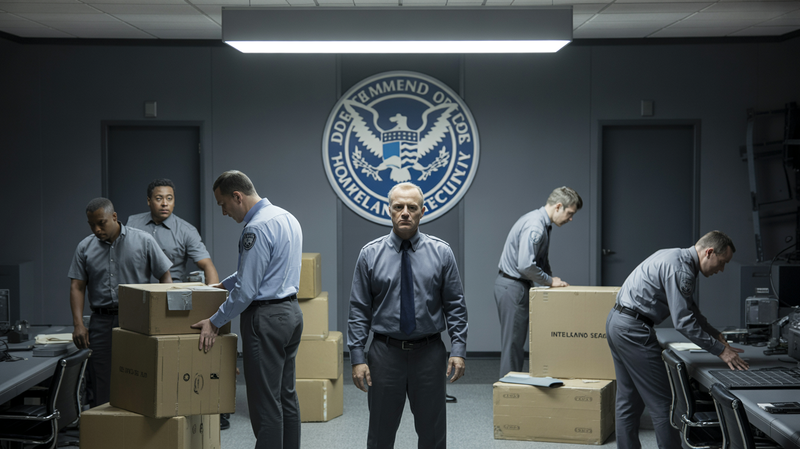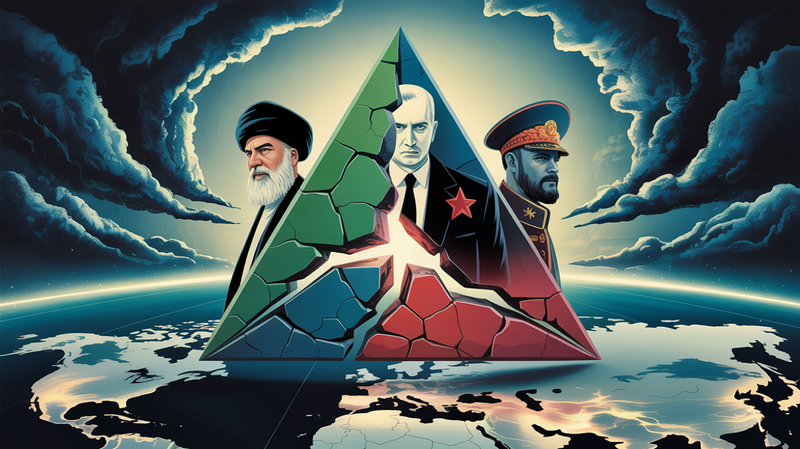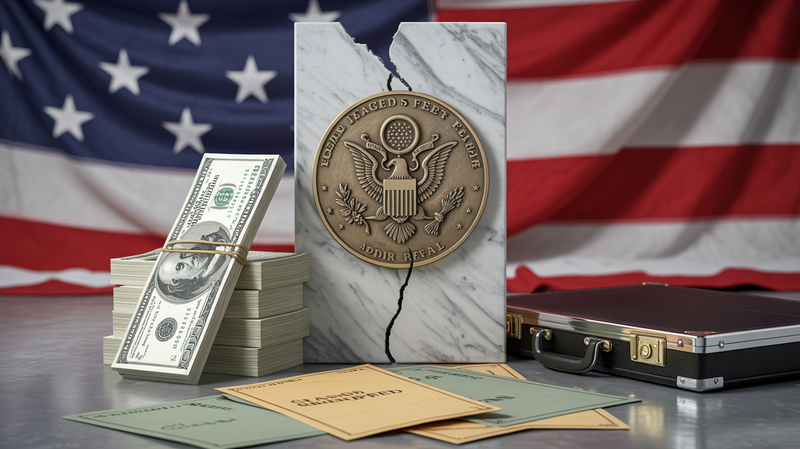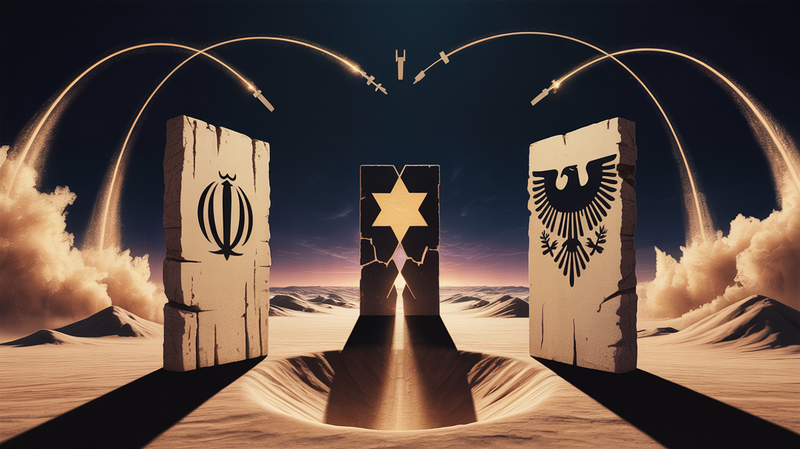Biden's Fear, Putin's Optimism, and a Prophecy of Preemptive Nuclear Strike: The Intricate Landscape of Nuclear Discourse in Russia
Last week, the anxiety around the prospects of a nuclear war was given a stern voice by U.S. President Joseph Biden. Amid the escalating tension in Ukraine, Biden expressed his profound apprehension about Vladimir Putin, the President of Russia, deploying nuclear weapons in the region. While previous U.S.
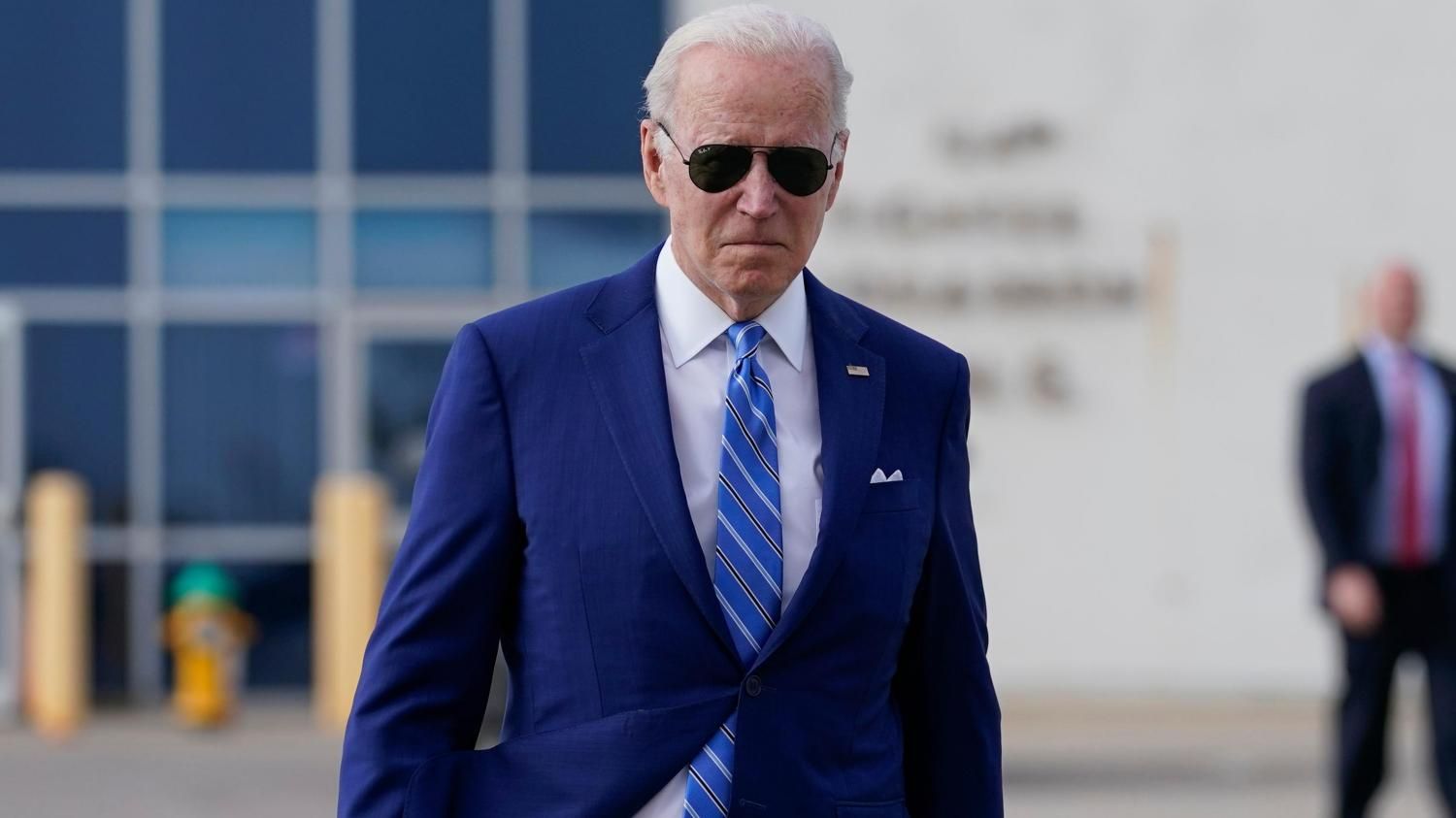
Last week, the anxiety around the prospects of a nuclear war was given a stern voice by U.S. President Joseph Biden. Amid the escalating tension in Ukraine, Biden expressed his profound apprehension about Vladimir Putin, the President of Russia, deploying nuclear weapons in the region.
While previous U.S. administrations have been optimistic about deterring nuclear warfare, there is a clear shift in sentiments reflected in Biden's recent comments. This shift is not limited to the U.S. only, but a similar conversation is ongoing within Russia itself.
Sergei Karaganov, a member of the Scientific Council under the Russian Security Council and one of the founders of the Valdai Forum, adds to the growing nuclear discourse with a radical proposition. Karaganov, in his latest article, recommends a preemptive nuclear strike against a European country. The suggested aim of this catastrophic move is to eliminate the West's interference, securing a path for Russia and the world's progress, an argument likely directed to sway Putin's decision-making.
Karaganov's change in stance is particularly notable given his previous writings warned against the expansion and use of nuclear weapons. His sudden endorsement of a nuclear strike is all the more alarming in light of Russia's uncertain prospects in its conflict with Ukraine and Putin's deployment of nuclear weapons in Belarus.
However, Putin's recent rhetoric indicates a wave of optimism. His regular public addresses on the ongoing war, laden with data about Ukraine's heavy losses, might be an attempt to maintain high expectations among the Russian elites and society. Still, there's an underlying fear that a potential counter-strike by Ukraine might lead to rash, potentially catastrophic decisions.
An interesting outlier in this nuclear discourse is Yevgeny Prigozhin, founder of the Wagner Private Military Company. Breaking away from Putin's narrative, Prigozhin openly admits the serious losses Russia is experiencing on the front. His critique of Putin's discourse and his refusal to sign contracts with the Ministry of Defense not only challenges Putin's narrative but also breaks the taboo against publicly disagreeing with the Russian President.
The ongoing narrative around nuclear warfare, with its players and their differing perspectives, shapes a complex and alarming landscape. While Putin basks in optimism, his advisors propose preemptive nuclear strikes, and his critics voice fears of defeat. This intricate scenario necessitates an urgent response from the international community to prevent any catastrophic nuclear decision.

